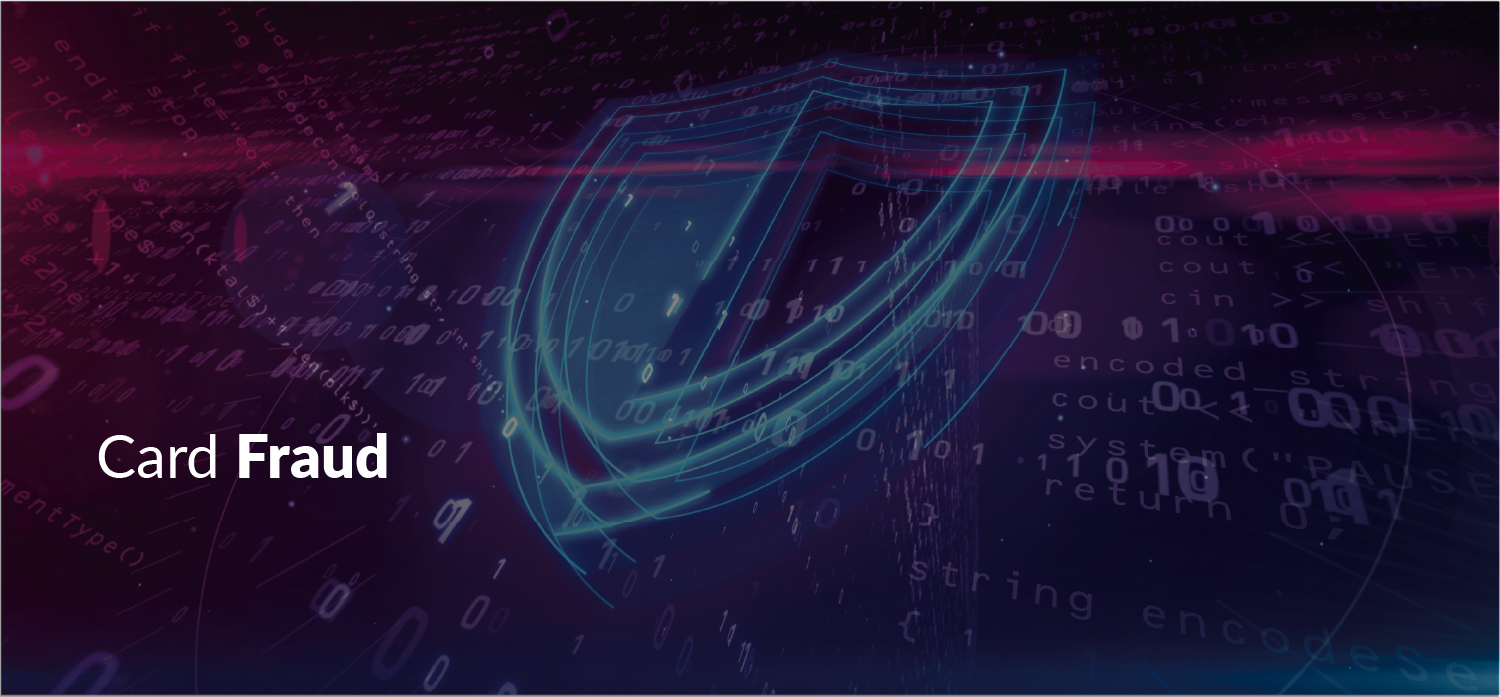Card Fraud – Understanding and Preventing it

Card Fraud refers to the fraudulent usage of cards through theft of the account holder’s card details and personal identification number (PIN) to perform unauthorized transactions from the compromised account.
TYPES OF CARD FRAUDS
The most common types of card fraud include the following:- Card Theft Scams – Occur when a fraudster steals cards or card information e.g. through shoulder surfing or robbery and tries to use it to purchase goods or services.
- Skimming – occurs when payment card reader hardware such as ATMs or Points of Sale, are modified to hold a masked counterfeit card reader within it. The counterfeit card reader records all the data on the card including any PINs keyed in to pass a transaction. Card skimmers are generally difficult to identify thus customers are advised to use ATMs in well-lit secure areas and POS systems in trusted environments.
- Fake Call Fraud (Social Engineering) – Scammers will call you acting as employees of I&M Bank and will try to convince you to give your card information over the call.
- Application Fraud – This occurs when fraudsters apply for a card in your name. As a form of identity theft, the fraudster will try to use your personal information to get a debit /credit card.
PREVENTING CARD FRAUD
We can protect ourselves against card frauds if we follow the below tips:Keeping Your Card Details Secure- Protect your cards as if they were cash and do not let them out of your possession/control.
- Don’t give out your card details over the phone unless you initiated the call.
- Don’t lend your cards (i.e. debit/credit) to anyone as you are responsible for their use.
- Be careful which web pages you provide your card details to. Some may be fraudulently created to phish for your personal information.
- Always take note of the official I&M Bank Ltd contact details as indicated
Keeping Your Personal Identification Number (PIN) Secure
- Choose a PIN that is easy for you to remember but difficult for others to guess.
- Avoid using sequential numbers, your date of birth, phone number, and other easily guessable number sequences as your PIN.
- Never share your PIN with others as you are the only one who needs to know it.
- Don’t keep your PIN written down anywhere in your purse or wallet.
Using an ATM/CDM
- Pay close attention to the physical environment and surroundings of an ATM or CDM you are using. Do your automated banking in a non-isolated, well-lit locations.
- When typing in your PIN ensure that no one in your vicinity can see what you are typing.
- Put your money and ATM card away before you leave the ATM.
- Always verify that the amount you withdrew or deposited matches the amount printed on your receipt.
- Make it a habit to take your receipts with you so that fraudsters won’t know how much you withdrew or how much money is in your account.
- Alternatively, ensure that you shred or destroy your ATM receipts before you throw them away.
- Always check your billing statement to make sure that the purchase amounts are correct and that no suspicious amounts were charged to your card.
- Make sure online shopping web pages are secured with encryption (https://) to protect your transmitted card information.
Using Cards at Point of Sale (POS) Or Online Banking
- When shopping, be sure that you get your card back after every POS-based purchase.
- Make sure that sales vouchers are for the correct purchase amount before you sign them.
- Carefully note any emails that request your personal information; ask you to “verify” information through email, or ask you to click on a link to a “special” website to verify or request personal information.
- Upon completion of online banking activities, be sure to log out from your online account.
- Avoid using your card for online transactions on publicly accessible computers.
- Subscribe to Bank notifications as these will alert you quickly of any suspicious transactions.
- Review your statements regularly to ensure that there are no suspicious charges.
WHEN YOU ARE A VICTIM OF CARD FRAUD
What to Do- Change your online passwords and PINs to prevent fraudsters from doing any further transactions.
- Closely monitor your account activity as this can be especially helpful if you're not sure how your information was compromised.
- Keep an eye on your bank statements, and if you notice signs of fraud, notify I&M Bank Limited immediately via Our Contacts
- Report lost cards and suspected fraud right away to I&M Bank Limited if you lose your credit card or suspect any fraudulent activity.
Tips On How to Identify Card Fraud</h5
Fraudsters leave signs that you can sometimes detect if you are vigilant. You will be more likely to spot card fraud if you:- Ensure you receive banking alerts for every transaction done from your card and Bank account
- Review your billing statements every month to scan for unfamiliar charges.
- Watch out for bills from unknown sources or accounts that you didn’t open.






